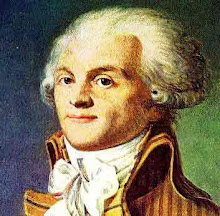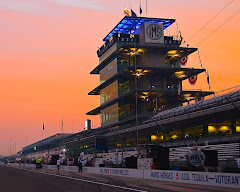The entire press release is below. My commentary follows.
TONY GEORGE RESIGNS BOARD MEMBERSHIPS
OF INDIANAPOLIS MOTOR SPEEDWAY, HULMAN & COMPANY
INDIANAPOLIS, Tuesday, Jan. 19, 2010 - The Board of Directors of Hulman & Company and affiliated companies, including the Indianapolis Motor Speedway, has received the resignation of Anton H. "Tony" George from the board of directors effective immediately, according to Mari Hulman George, chairman.
"As members of his family, we are sorry to see Tony leave," said Mrs. George. "We are grateful for his service to our company as a board member and of course for formerly serving as CEO and president of our companies. I speak for our whole family in wishing him well.
"All of us had hoped that Tony would continue to serve on the board, and we made that clear to him. We are disappointed with his decision to step down despite our wishes."
His resignation removes George from any remaining role in Hulman & Company, Indianapolis Motor Speedway, Indy Racing League, IMS Productions and other affiliated companies. His term as CEO of the family companies ended June 30, 2009. He continues to be involved in racing through his ownership of Vision Racing, a competitor in the IZOD IndyCar Series of the Indy Racing League.
The board vacancy will be addressed at a later date. In addition to Mari Hulman George, board members include Nancy George, Josie George, Kathi George-Conforti and Jack Snyder.
Mari Hulman George said she is very pleased with the direction of the company and the progress that has been made during the last six months.
"Our company is healthy and is weathering the economic recession well," she said. "Jeff Belskus, president and CEO of the Indianapolis Motor Speedway, and Curt Brighton, president and CEO of Hulman & Company, are both doing excellent jobs in guiding our companies through this difficult time. Many hard decisions have been made, and now our companies are well positioned for the future."
I would be interested to know exactly why Mari believes that the IMS and IRL are so well positioned.
The IMS is going to be for sale before long. That's my prediction. That is not to say that the Hulman George Family intends to sell. I believe that the opposite is true.
Unfortunately, intentions mean very little in light of the gross incompetence that threatens this firm. Eventually, the family will have not choice but to sell. All that remains to be seen is 1) how soon, and 2) for how little.
Roggespierre





